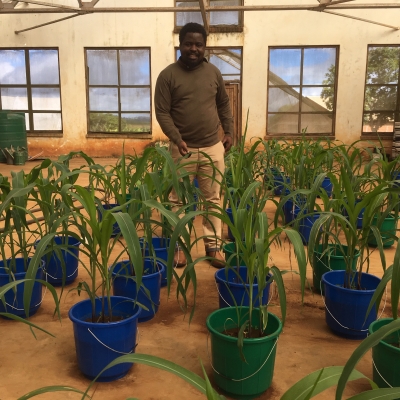Background/rationale
Cocoa is a globally important plantation commodity, with 5.1 million tonnes produced in 2020-21, mainly in the Ivory Coast and Ghana. Like all plantation agriculture, cocoa faces substantial challenges from climate change, but also ongoing issues from soil erosion, declining soil health, and substantial greenhouse gas emissions driven by agrochemical inputs, collectively resulting in environmental degradation.
The approaches needed to maintain yields against these challenges are increasingly understood as a result of ongoing studies, but there remains an urgent need to design and implement suitable, low-cost metrics that can assess progress against key targets. Appropriate monitoring measurements and metrics must also be scalable from field to catchment and, ultimately, national scales in order to ensure cocoa farming meets nationally imposed climate change mitigation and adaptation objectives. This project will directly address these challenges, using existing data, field sampling and modelling studies.
Project aims
- Develop low-cost, scalable metrics for monitoring soil health and soil carbon storage in cocoa farms;
- Apply the metrics to assess changes in soil health and carbon over time under management and quantify corresponding changes in carbon losses to the atmosphere and water;
- Test and parametrise two different models to predict changes in crop yield and soil health in the long term, and assess the wider impacts of potential changes of management on watersheds.
Benefits
The outcomes of the specific work packages in this project, together with complementary project work and the use of the models, will allow wider impacts from changes in land use and management intensity in agroecosystems to be assessed. This will allow longer-term predictions of changes in soil health and carbon balance. The environmental benefits of improved farm management at field to catchment scales will be communicated to farms and local communities through farmer training programmes, farm, field and catchment management workbooks, and workshops conducted in the region. These will be organised close to field sites in both countries to present project findings and will also ensure that local knowledge is captured and incorporated into the overall approach.

